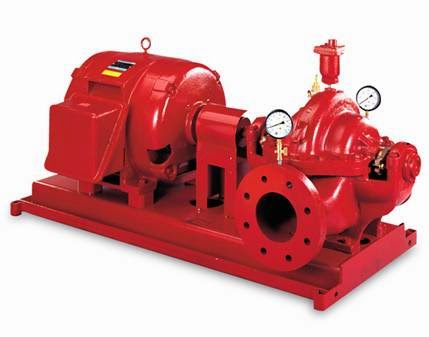Improved Security Situation makes way for Removal of AFSPA

Armed Forces (Special Powers) Act (AFSPA), 1958 has been completely removed in Meghalaya from April 01, 2018 as per communiqué dated April 23, 2018 of the Ministry of Home Affairs (MHA), while in Arunachal Pradesh, areas under AFSPA reduced to eight Police Stations bordering Assam, besides Tirap, Changlang and Longding districts neighbouring Myanmar, attributing this to the improved security situation in the north-eastern states over the last four years. As per MHA officials, “The year 2017 recorded the lowest number of incidents of insurgency and casualties among civilians and security forces since 1997.” “There was 30% reduction in casualties among security forces and 23% reduction in the number of civilian deaths. Since 2014, there has been a 63% fall in the number of incidents, 83% fall in the number of civilian deaths, and 40% fall in the number of casualties among security forces.”
AFSPA was withdrawn in Tripura in 2015.
AFSPA, 1958, will continue in Nagaland as it is a “special case” and the “peace agreement” hasn’t been finalised there yet, Minister of State for Home Kiren Rijiju said on May 01, 2018.
“There is no proposal under consideration of Government of India to withdraw the Armed Forces (Jammu and Kashmir) Special Powers Act, 1990 from Jammu and Kashmir.” Minister of State for Home Affairs, Hansraj Gangaram Ahir, however, had stated in the Lok Sabha on March 20, 2018.
Modelled on the lines of Armed Forces Special Powers Ordinance of 1942, which was promulgated by the British on 15 August 1942 to suppress the Quit India Movement; four ordinances were invoked by the central government to deal with the internal security situation in the country in 1947 which aroused out of the Partition of India.
The Armed Forces Special Powers (Assam and Manipur) Ordinance 1958 promulgated by the then President Dr.Rajendra Prasad on 22 May 1958 was replaced by the Armed Forces (Assam and Manipur) Special Powers Act, 1958 on 11 September 1958. As stated above this has been extended in April, 2018 by another 6 months in above three districts Tirap, Changlang and Longding of Arunachal Pradesh, where Naga underground factions including National Socialist Council of Nagaland (Isak-Muivah) and NSCN (Khaplang) are involved in extortion, recruitment of locals, and rivalry.
AFSPA gives armed forces the power to maintain public order in “disturbed areas”. They have the authority to prohibit a gathering of five or more persons in an area, can use force or even open fire after giving due warning if they feel a person is in contravention of the law. If reasonable suspicion exists, the army can also arrest a person without a warrant; enter or search any premises without a warrant; and ban the possession of firearms. Any person arrested or taken into custody may be handed over to the officer in charge of the nearest police station along with a report detailing the circumstances that led to the arrest.
Disturbed area, an area disturbed due to differences or disputes between members of different religious, racial, language or regional groups or castes or communities, declared by notification under Section 3 of the AFSPA that can be invoked in places where “the use of armed forces in aid of the civil power is necessary”. The Central Government or the Governor of the State or administrator of the Union Territory can declare the whole or part of the State or Union Territory as a disturbed area. A suitable notification would have to be made in the Official Gazette.
